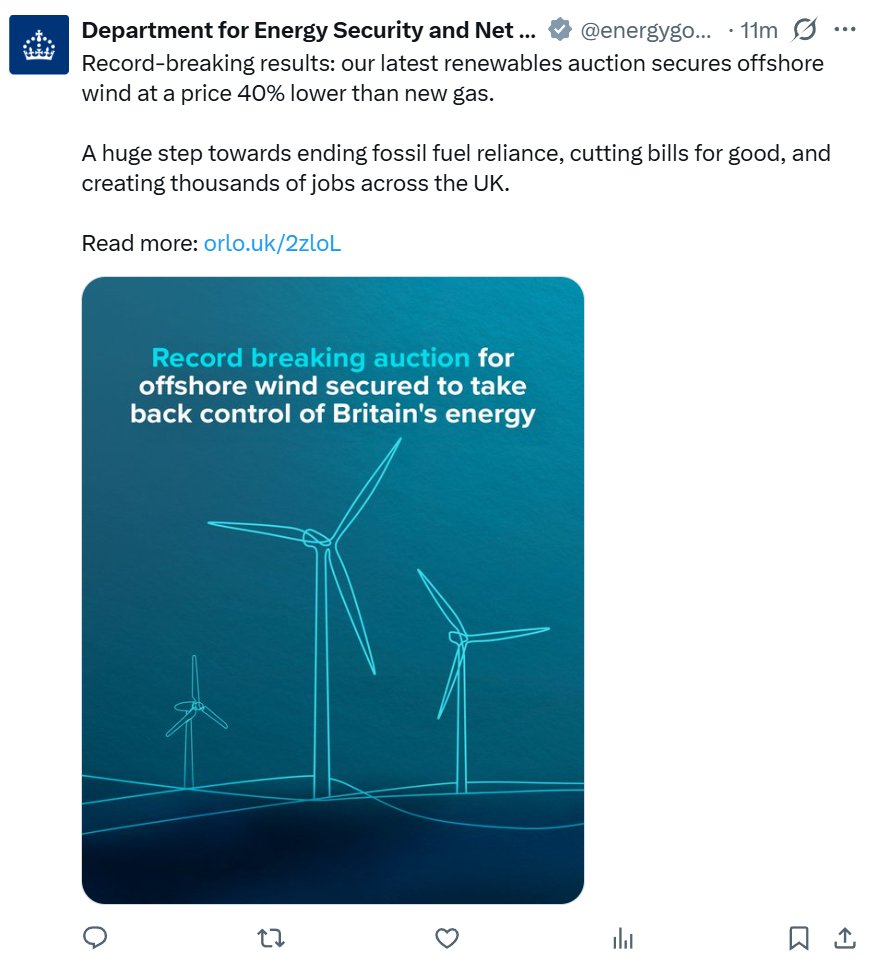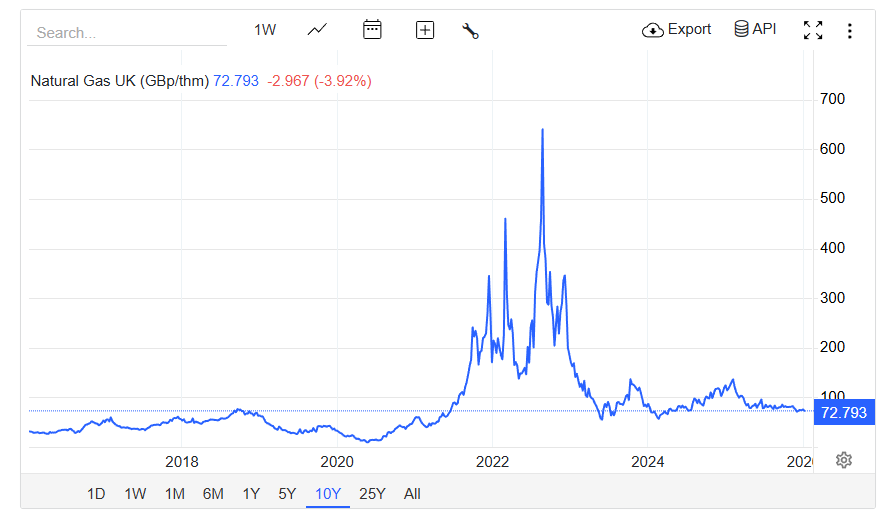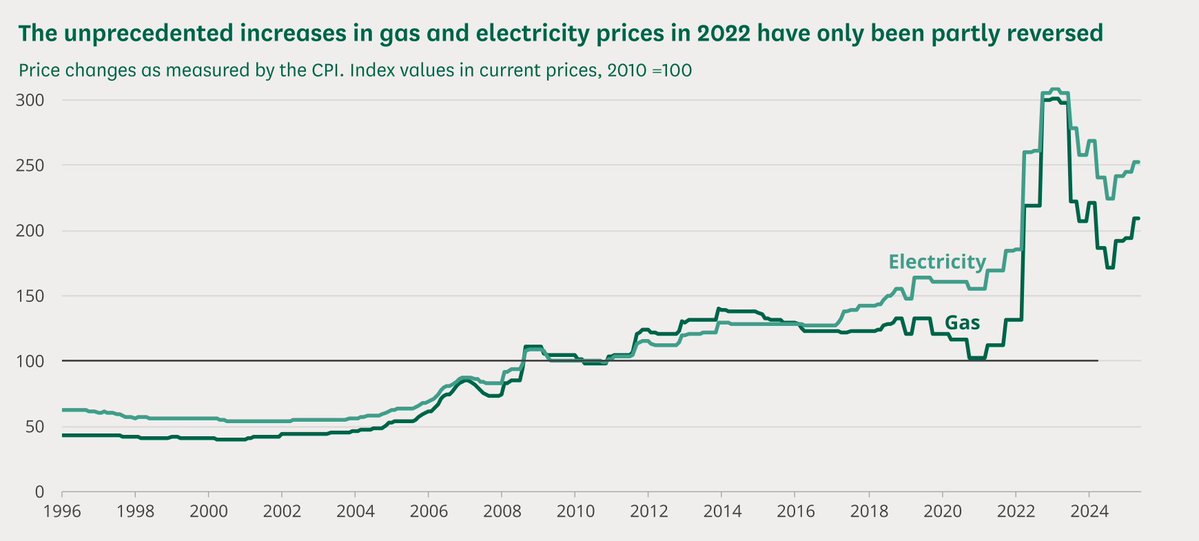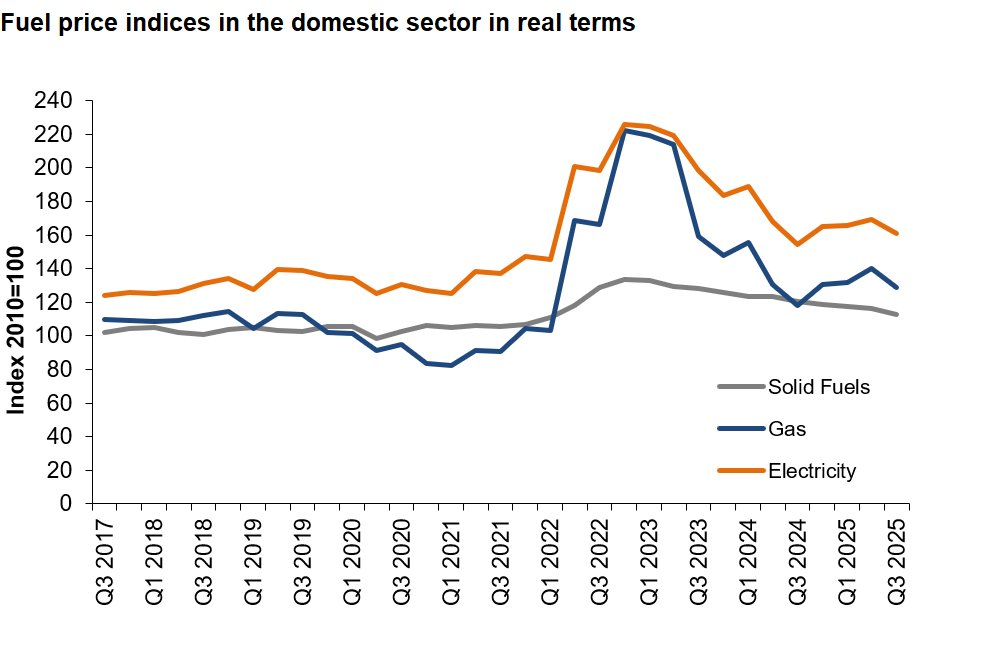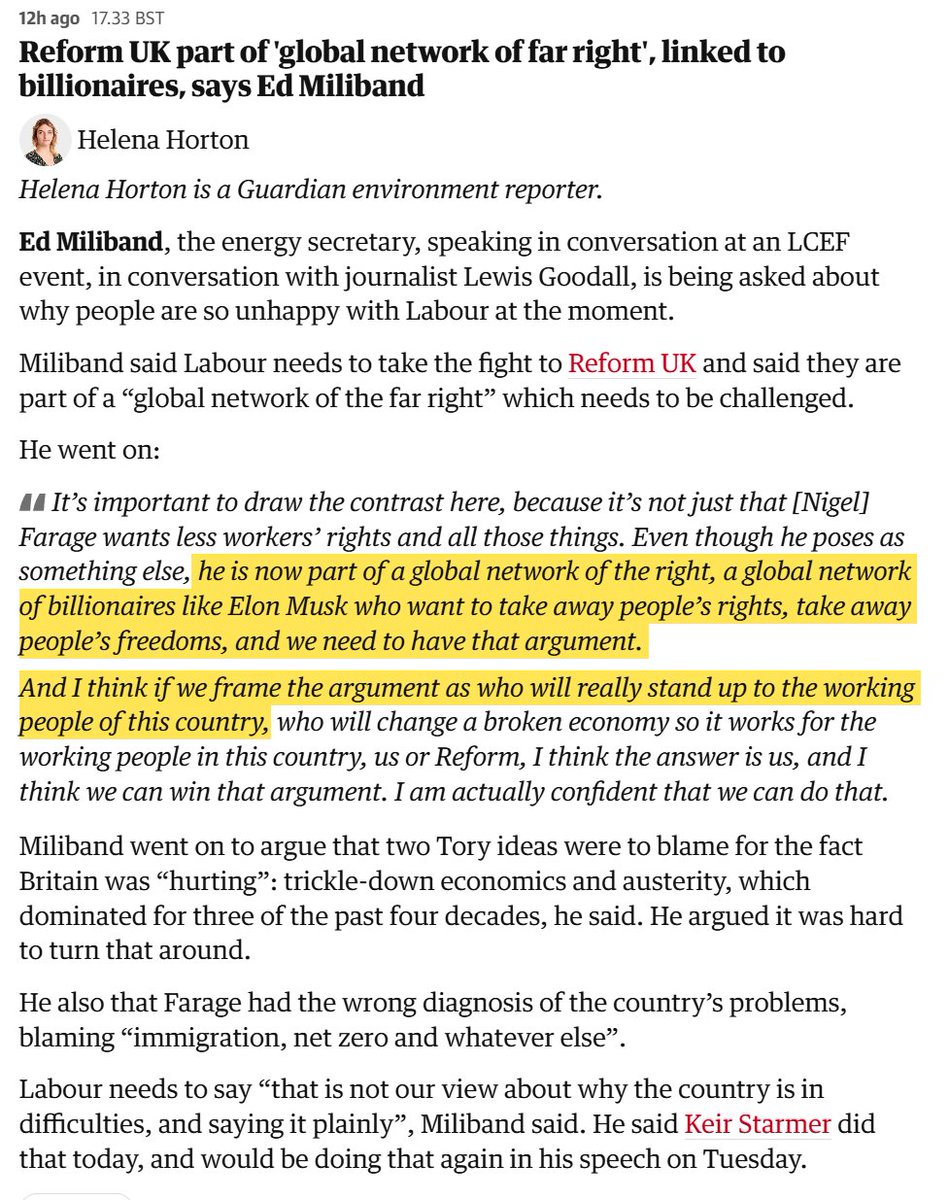Richard Dawkins is wrong.
He doesn't know what he's talking about.
It's not the first time.
He doesn't know what he's talking about.
It's not the first time.
https://twitter.com/RichardDawkins/status/1164787009988091905
It is not a crisis. You can object to deforestation of parts of the still vast Amazon, but to call it a 'crisis' is to give drama a disagreement about a political agenda that Bolsonaro has departed from, but which the 'international community' wants to sustain.
You can also object to Bolsonaro and still see that his promise was to put Brazil before the "community" of world leaders and their ambitions and preoccupations. They have turned a sovereign decision into a 'crisis' because he refuses to defer to them.
Again, to observe that this is the dynamic does not mean you have to agree with Bolsonaro or his policies that have allowed the clearing of forest. The point is that the international order took its reach for granted, and has been tested. More tests will follow.
Many are coming to the realisation that the "environment" has become the vehicle for this remote "community", which asserts itself over others, in developing and developed economies, in its own interests, against democratic control over economies and lives.
That agenda has been advanced by inventing 'crises' at ever stage of its development. Its acquisition of power has required the dramatisation of one 'crisis' after another, starting with the population and resources myths of the late 1960s.
Earlier this month, a US academic fantasised about using military power to prevent Brazil's government making its own decisions about the management of its land. foreignpolicy.com/2019/08/05/who…
He asked: "What should (or must) the international community do to prevent a misguided Brazilian president (or political leaders in other countries) from taking actions that could harm all of us?" ...
And "how far would the international community be willing to go in order to prevent, halt, or reverse actions that might cause immense and irreparable harm to the environment..."
He said "In effect, the international community would be subsidizing environmental protection on the part of those who happen to possess the means ..."
And "...it might also give some countries an incentive to adopt environmentally irresponsible policies, in the hope of obtaining economic payoffs from a concerned international community."
The term "international community" was used four times.
It is the "international community" which is on fire, and it is this which upsets those anointed ones who are part of it.
It is the "international community" which is on fire, and it is this which upsets those anointed ones who are part of it.
It is notable that it is Macron, who faces a domestic crisis -- yes, and *actual* crisis -- who asserts an environmental 'crisis' to sustain his place on the world stage, speaking to the "international community". What little domestic democratic legitimacy he has is fading.
The more the "international community" and its members assert the "environment" as the basis for international relations, the more we can be sure that the "international community" has detached from their domestic populations.
That is not climate scepticism. It does not say "burn the forests". It is to say that politics precedes claims about the environment, which needs to be understood before environmental problems can be understood.
Blowhards like Dawkins are no help in that understanding.
Blowhards like Dawkins are no help in that understanding.
Unhinged, desperate, degenerate, hollow politics tries to reassert itself and reinvent itself through seemingly "environmental" imperatives.
https://twitter.com/BernieSanders/status/1164589093562572800
• • •
Missing some Tweet in this thread? You can try to
force a refresh


